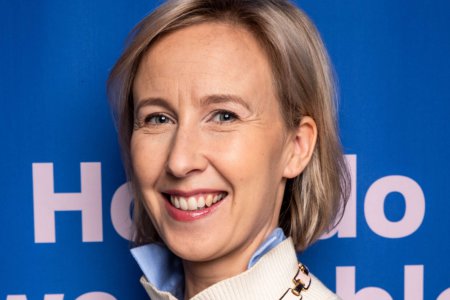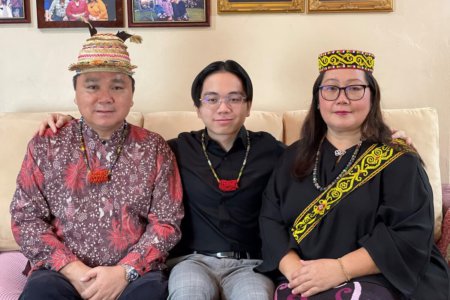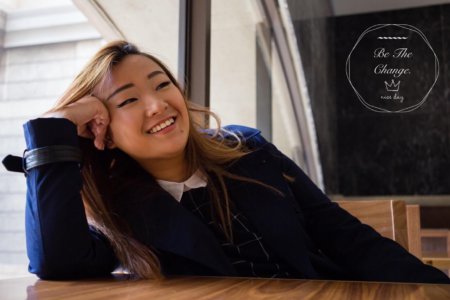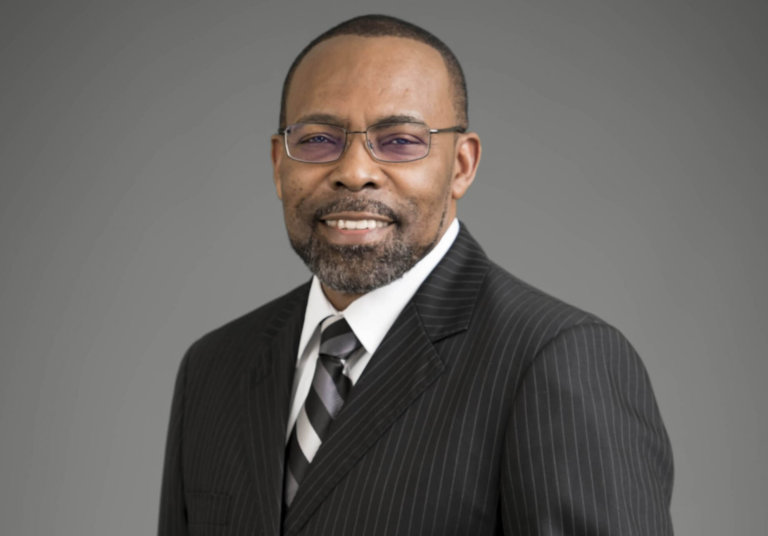
If you ever need an example of an illustrious educational journey and career, look no further than Jamaican judge, the Honourable Mr Justice Winston Charles Anderson. He grew up humbly in the rural Jamaican village of Brittonville where he attended both primary and secondary school.
As his science grades weren’t great, the only other way he saw fit to make a contribution to society was through studying law. He pursued this subject at the undergraduate and graduate levels at the University of the West Indies (UWI).
Then in 1984, Justice Anderson won the Chevening Scholarship to pursue his PhD at the University of Cambridge in the UK. He was also called to the Bar of England and Wales as a Barrister of the Honourable Society of Lincoln’s Inn.
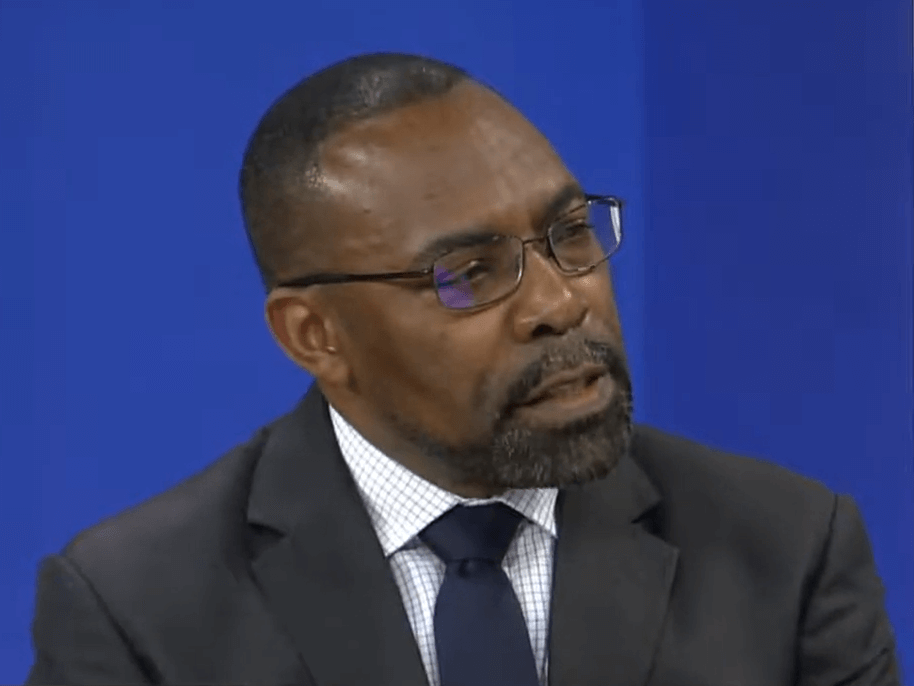
“I always wanted to make a significant contribution to society because I come from an era where parents told their children such a contribution came from being a lawyer or a doctor,” he says. Source: Justice Anderson
We’d be here for hours if we listed all the inspiring accomplishments he’s done. One that stands out the most though, is in 2010, he was sworn in as Judge of the Caribbean Court of Justice making him the first and youngest Jamaican judge (at 49) to be appointed this role.
Below we speak to the Jamaican judge about his law career, his studies in the UK and his advice for fresh graduates:
Walk us through your interest in law.
I always wanted to make a significant contribution to society because I come from an era where parents told their children such a contribution came from being a lawyer or a doctor.
Of course, that’s not the case, but I am from that era and as my background in the sciences wasn’t great that meant law. I was also attracted by the wisdom that judges (often biblical judges) displayed in resolving difficult individual and societal situations.
What made you apply for a scholarship to pursue your PhD at Cambridge?
I knew I wanted to pursue my doctoral studies at a uni in the home of the common law and that meant it would either be Oxford or Cambridge. Whilst pursuing the LLM at UWI, my application to do a PhD was accepted by Cambridge.
I was pleasantly surprised that they didn’t require me to have completed the LLM (although I did have to be successful in the examination of the coursework components).
I was fortunate enough to be among the very first batch of Chevening Scholars. On the 30th anniversary of the inauguration of the scholarship, I was invited to attend a wonderful ceremony at the Chevening House in England.
It was an excellent occasion meeting scholars from around the world whose careers had been assisted by the foundation in such significant ways.
What advice would you have for prospective scholarship applicants?
Be grateful and give back. Sometimes all this requires is to be the best version of yourself in your chosen career. If the opportunity arises, encourage other young professionals to apply for the scholarship and use the chance to better equip themselves to serve.
What about your career in law and especially international and environmental law in the Caribbean?
In 1983, I taught undergraduate courses a UWI while pursuing my master’s. In 1988, I was called to the Bar of England and Wales as a barrister and rejoined the UWI Faculty of Law soon after.
In 1989, I got called to the Bar of Barbados where I was awarded indefinite tenure five years after. There, I served as Deputy Dean and Head of the Teaching Department of Law. I also served as Senior Lecturer at the University of Western Australia and then Senior Lecturer at UWI.
Then, in 2003, I was appointed General Counsel of the Caribbean Community and three years later a Professor of Law at UWI. I was also called to the Bar of Jamaica in 2006 and a year later, appointed Executive Director of the Caribbean Law Institute Centre.
In 2010, I had the distinction of being the first Jamaican and youngest (at age 49) to be sworn in as Judge of the Caribbean Court of Justice in a ceremony at King’s House. Besides being a member of several councils in environmental and international law, I’ve written numerous articles and leading academic texts.
Wow, what do you think most graduates in your uni course didn’t know until they began their careers?
Just how crucial to success is marshalling your acquired skills in a focused deliberate and socially appropriate way. At the end of the day, whatever skills gained at uni still has to be applied in a world of human beings.
With that, comes a whole host of new challenges for which uni does not usually prepare its graduates.
Is there anything you wish you studied more of?
Philosophy especially the philosophy of consciousness. Ultimately, I think it’s more important than most things we learn.
Of course, it was (and is) difficult to study more of it because it was not (and still isn’t) taught in most unis. There are many technical subjects in law I would have liked greater exposure to but I find I can pick that knowledge up fairly easily.
What’s your advice for fresh graduates who want to go into the same industry as you?
I have had several jobs including lecturer, general counsel and judge. Each has had different requirements.
First thing is to evaluate your interest in the job. Ask yourself: do I want to do this and do I want it for the right reason. If your answer is yes to both then find out what the requirements for the job are.
Ensure you qualify both in terms of certification and experience. If you don’t, get qualified. Prepare for the interview. Give it your best shot and once you’ve done that, don’t worry about the outcome.

“I would like to make this Caribbean of ours a better place for my having been there,” he tells Study International. Source: Justice Anderson
What would you tell your younger self if you had the chance to go back in time?
I can’t think of anything in my professional life that I would change. I’ve had a satisfying career.
What’s your biggest motivation?
I would like to make this Caribbean of ours a better place for my having been there.
Do you have a memorable case you can share with us?
My most important case is always the one I am adjudicating.








